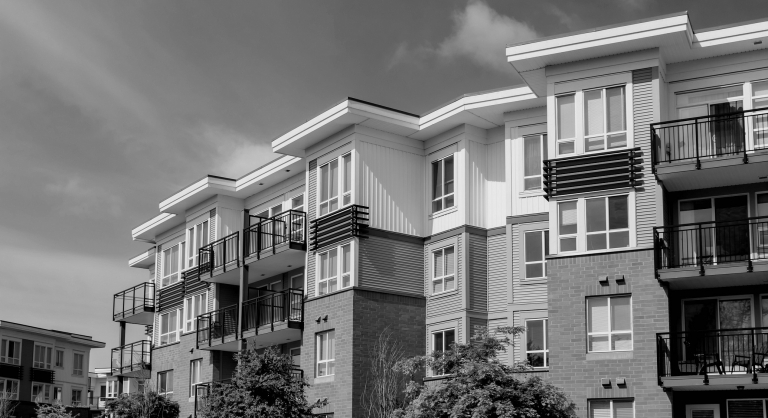Condominium Association’s Refusal to Pay for Unit Modification Is Not Handicap Discrimination
In Geezil v. White Cliffs Condo. Four Ass’n, 105 Mass. App. Ct. 103 (2024), the Massachusetts Appeals Court held that an association of condominium unit owners was not responsible for the expense of accommodating an individual unit owner’s handicap modifications to a patio that was exclusively dedicated to the plaintiff’s unit but considered common area under the master deed. In so doing, the Appeals Court affirmed that the condominium association did not engage in an unlawful practice or retaliation within the meaning of the Massachusetts Anti-Discrimination Law, G. L. c. 151B.
In 2018, following negotiations with the condominium owners’ association regarding proposed renovations, the plaintiff unit owner filed a charge with the Massachusetts Commission Against Discrimination (MCAD). In 2019, just two days following a “no probable cause” determination from the United States Department of Housing and Urban Development (HUD) as to the unit owner’s complaint for Federal disability discrimination, the plaintiff filed a complaint in the Superior Court alleging that the association’s refusal to cover the costs of reasonable modifications constituted unlawful discrimination in violation of G. L. c. 151B, § 4 (6), (7) and (7A).
Recognizing that under G. L. c. 151B, “owners of certain multiunit housing accommodations, under certain circumstances, [are] responsible for the expense of reasonable modifications necessary to afford ‘handicapped’ occupants full enjoyment of the premises,” the court addressed the plaintiff’s two fundamental contentions; first, the plaintiff argued that under the “provided, however” clause (cost-shifting proviso) the association was the “owner or other person having the right of ownership” of the common areas, including her patio. G. L. c. 151B,§ 4 (7A) (1). The plaintiff further posited that because the condominium contained 108 units, it qualified as “contiguously located housing.”
As to the first assertion, the court observed that in the matter before it, “[t]he association was not ‘the owner or other person having the right of ownership’ of [the Condominium] in the usual and accepted understanding of the terms ‘owner’ and ‘ownership,’’’ noting that neither term is defined in c. 151B. The court noted, too, that both parties stipulated that the association “is an unincorporated unit owner[s’] organization created by the Master Deed to manage and regulate [the Condominium]” (emphasis added in original). The “owners” of [the Condominium] are the unit owners – they own their units individually and the common areas jointly. Again, in the parties’ words, “the common areas are managed” – not owned – “by the [a]ssociation.”
As to the second assertion, the court noted that the Condominium was not “contiguously located housing” as defined in G. L. c. 151B, § 1 (12) because it was not “housing which is offered for sale, lease or rental by a person who owns or at any time has owned, or who otherwise controls or at any time has controlled, the sale of ten or more housing accommodations located on land that is contiguous (exclusive of public streets), and which housing is located on such land.”
Because the plaintiff had no reasonable expectation of proving that the association qualifies as the “owner” of the unit within the meaning of the cost-shifting proviso, or that the plaintiff’s unit “is offered for sale, lease or rental” as required under the definition of “contiguously located housing,” G. L. c. 151B, § 1 (12), the court determined that the plaintiff had no reasonable expectation of proving the claim of handicap discrimination.
Categorized: Condominiums, Discrimination
Tagged In: condominium associations, condominium common areas, Massachusetts Anti-Discrimination Law, master deed




